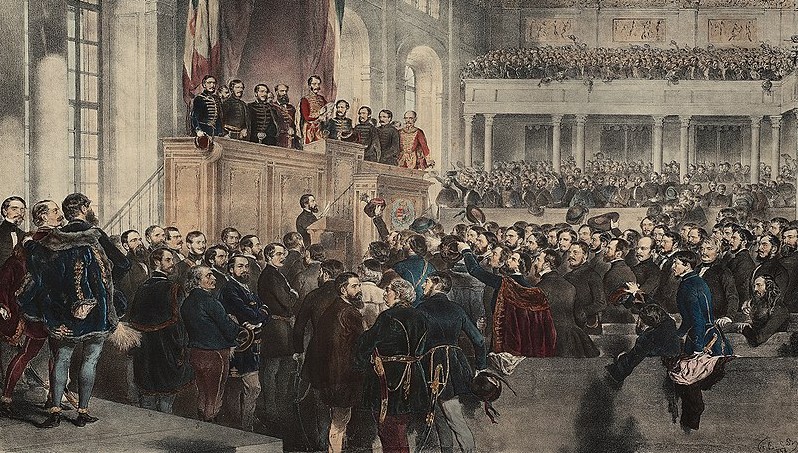Several years of caretaker governance, frequent elections, and inability to form a stable, legitimate, and broadly supported coalition suffice for breaking the spirit of many who believe Bulgaria could thrive as a proper democracy, and the result of the April 2023 general election also points in the same direction.
Even though the parliamentary crisis stalled many reforms and sowed doubt regarding key policies, there is reason to believe this is a necessary step toward mature democratic governance.
Let us first clear out the obvious – the sequence of parliaments, which were unable to form a regular government, has its drawbacks. On the one hand, there is the missing democratic mandate for pushing meaningful reforms in areas like education and the judiciary; on the other, we have the delayed passing of government budgets, which consequently fail to adequately address the quickly changing external factors and needs of households and businesses. Put differently, the process of defining and applying policies is malfunctioning.
Despite the evident issues, we could interpret the recent parliamentary turbulence positively as well. To do so, one should look at the current situation as a transition between two parliamentary models. The first one is marked by one-party dominance (or even dominance of a single party leader) and marginalized opposition, while the second revolves around coalition culture and the formation of majorities around policies instead of people.
The predominant model for the last thirty years featured stable majorities and, when necessary, coalitions with clear leaders and junior partners, whose role was to push for specific policies in certain areas. This allowed the senior partner to determine priorities and key policies without worrying about the opinions of others. We could even, with a great deal of certainty, say that this approach is also the reason for the unhealthy merger between parties and those parts of the economy which are strongly dependent on the state.
The parliamentary practice from the past two years clearly shows that this model will no longer function. The will of the voters created a series of fragmented parliaments which have been unable to either appoint a government or keep it working for long enough, in the rare event of having formed a majority. Behind the failures stands the expectation that governing will be done like before, with one party taking the lead and the others complying or biding their time as opposition.
However, the new electoral reality does not allow for this. Here exactly lies the optimistic expectation for the future, according to which the ever-smaller parties in the ever-more granular parliament will have to abandon the thought of having all the power and holding it until being overthrown. This requires the creation of broad coalitions with clearly defined priorities beyond the idea of first getting elected and then thinking about what policies to pursue. More expertise and less populism would also be required, as governments would come to execute clearly defined tasks and step down in the event of failure to do so.
Such a transformation requires a fundamental change in the legislature’s work process. Instead of voting on inseparable packages, the new reality would require forming different small majorities on various topics. We cannot expect that all parties that will form the new government or even their members will agree on all matters, from social policy, through trade, to the role of the prosecution. This new normal would naturally require a much more advanced understanding of the present issues, as well as a better ability to communicate and form coalitions.
Of course, we may be overestimating the expectation of current political difficulties being used to progress toward an advanced form of parliamentarism. This would be true if soon one party indeed manages to secure dominance. Yet, realizing this growth opportunity seems to be the fastest and most reasonable exit from the current status quo.
Continue exploring:
Has V4 Group Lost Its Relevance?
Political Gaslighting – Keeps You Warm But Leaves You in the Dark



